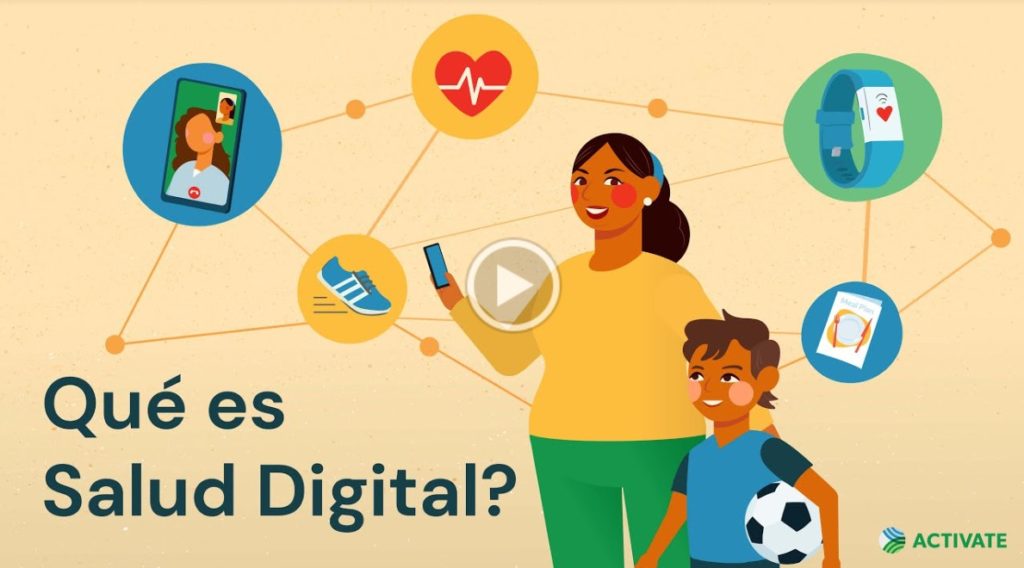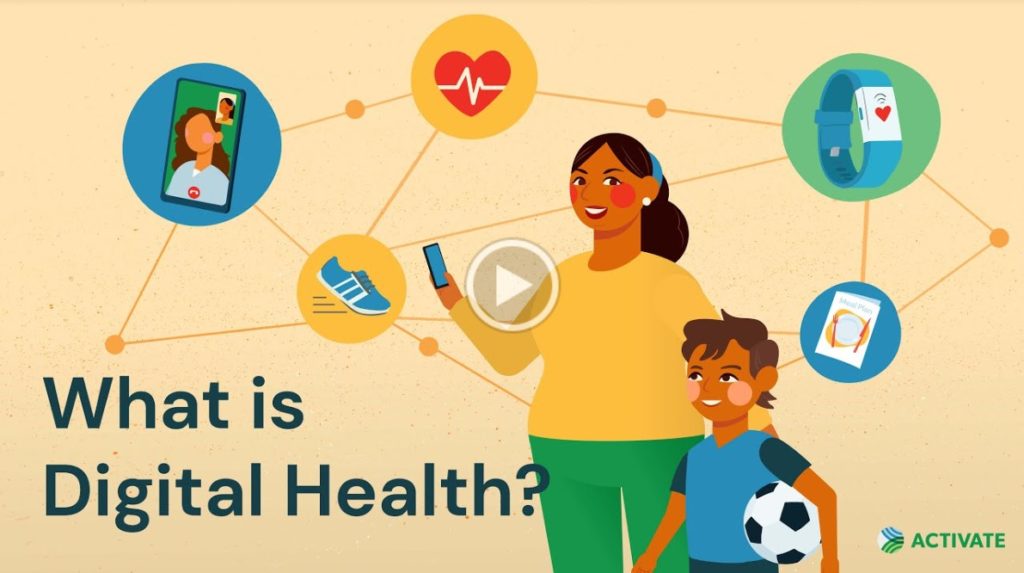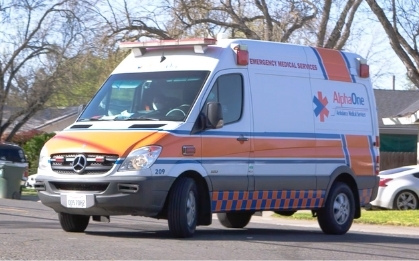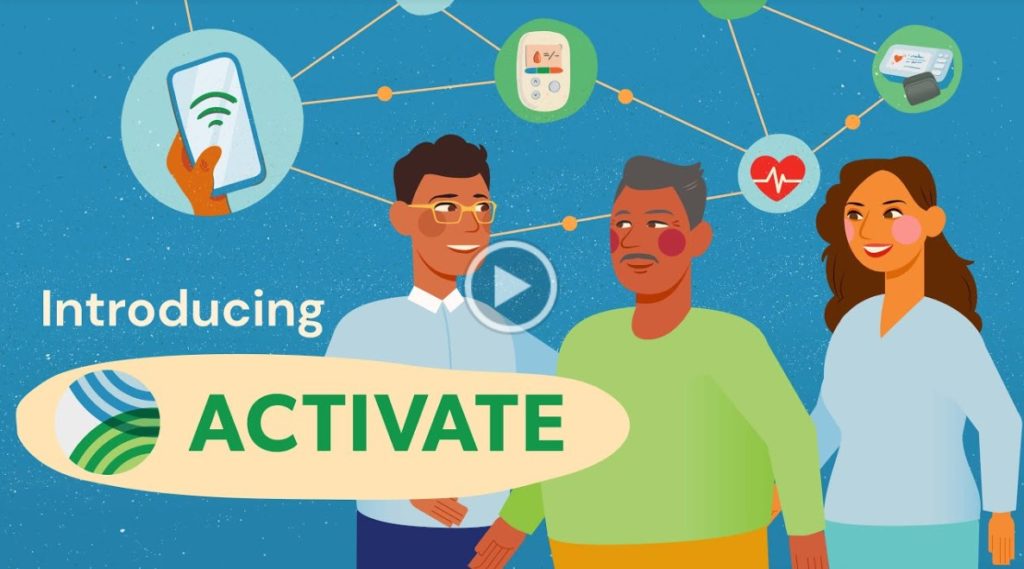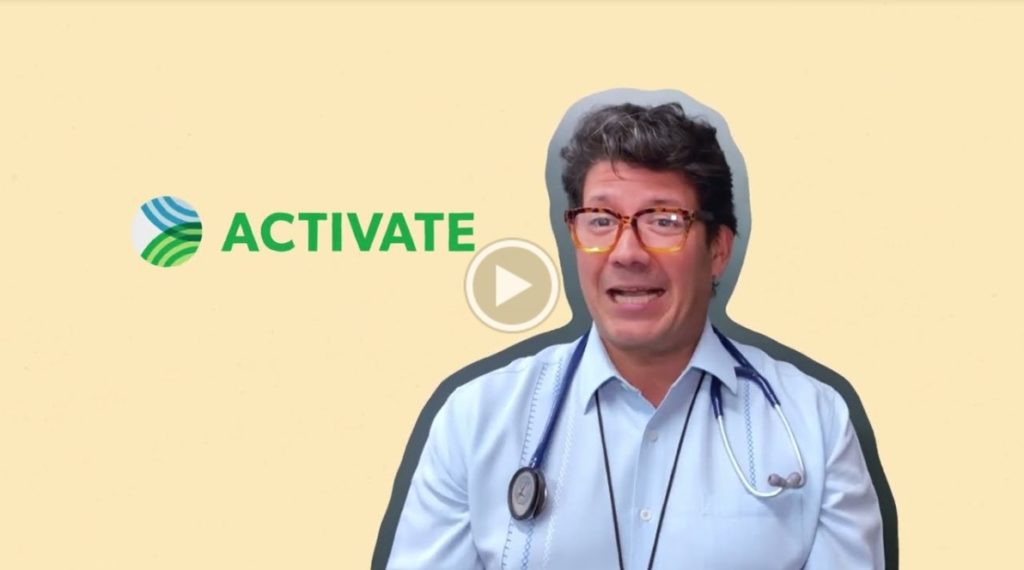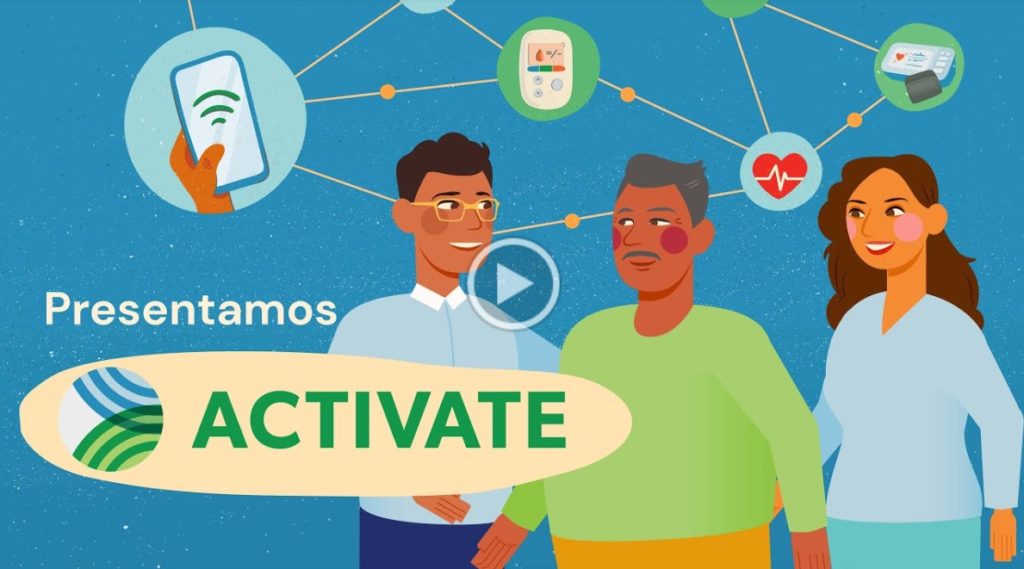
ACTIVATE

Co-creating Digital Health Solutions for Patients and Providers in Rural California
About ACTIVATE
Why ACTIVATE?
The fields, farms, and orchards of California’s Central Valley yield much of the fresh, healthy produce consumed across the United States, but its residents face added health risks from pollution, poverty and obstacles to accessing health care.
As the COVID-19 pandemic accelerated the adoption of telehealth and other digital health tools, Central Valley residents risked being left even further behind.
ACTIVATE Overview
ACTIVATE is the acronym for “Accountability, Coordination, and Telehealth In the Valley to Achieve Transformation and Equity.”
Research partners from MITRE, CITRIS Health, UC Davis and UC Merced worked with health care teams at Livingston Community Health alongside six patients and community members to identify digital health barriers and co-create new ways to address them.
ACTIVATE Community Engagement Implementation Guide
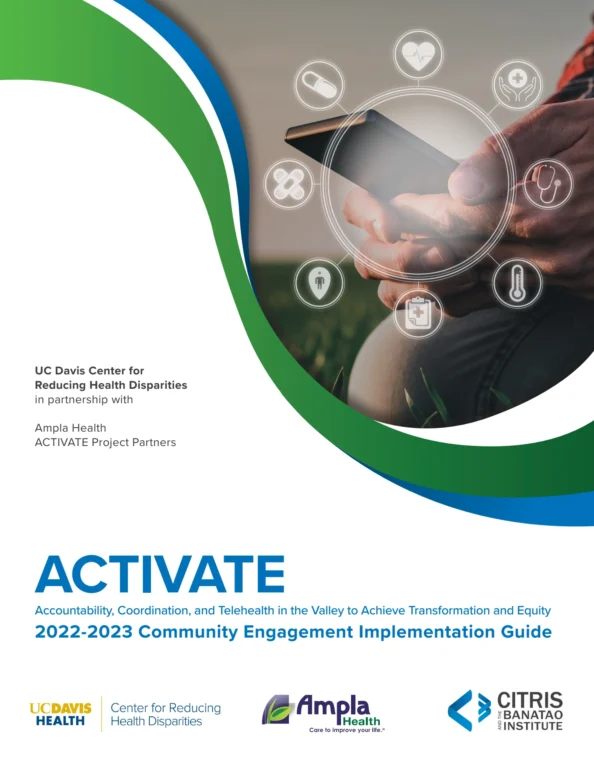
UC Davis Center for Reducing Health Disparities, in partnership with Ampla Health and an agricultural grower, designed a health education program for promotoras/community health workers to conduct outreach to and engage with Latino agricultural workers on the topics of telehealth and tele-mental health. The ACTIVATE Community Engagement Implementation Guide is a how-to guide to assist technical assistance providers implement telehealth education programs to support farmworker communities.
Telehealth, delivering health care services through any technology, has numerous potential advantages for farmworkers, including allowing them to receive health services without missing work and pay, timesaving, and eliminating barriers of access to care and utilization such the cost of transportation. Latino farmworkers face multiple barriers to participating in telehealth services, including geographical isolation, lack of internet or cell phone service in their homes or workplaces, lack of culturally and linguistically appropriate services, and limited access to insurance or financial assistance. Farmworkers also have increased vulnerability due to multiple stressors, including economic hardships, stress associated with their immigration status and risks associated with their work. This Guide provides a step-by-step resource for working with promotoras to increase use of telehealth services by Latino farmworkers.
ACTIVATE Community Engagement Evaluation
Click here for the link to the ACTIVATE Community Engagement Evaluation Report.
Resources
Researchers
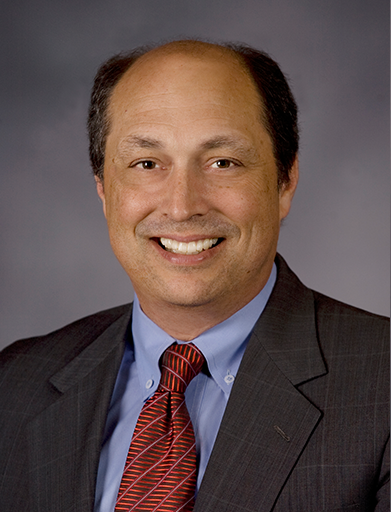
David Lindeman
Executive Director
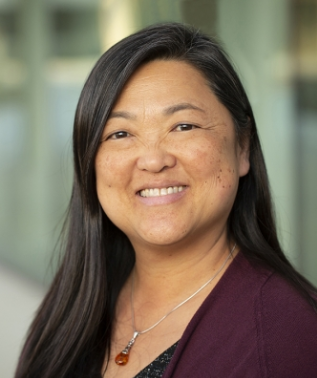
Katherine Kim
Public Health Services

Gale Berkowitz
Associate Director

Scott McGrath
Program Manager for ACTIVATE and the California LGTBQ+ Older Adult survey
Project Partners

Livingston Community Health
Livingston Community Health’s mission is to provide comprehensive primary and preventive health care services to all patients regardless of their ability to pay.

Decimal.health
Decimal.health creates and implements strategy for digital health companies to launch and grow their business and maximize their impact on helping people live their healthiest lives. Decimal.health strongly advocates for its end users, and believes in radical innovations within the constraints of the healthcare delivery system. Dr. Jethwani led digital innovation for a large integrated provider network in Massachusetts before launching Decimal.Health in early 2020. The team brings several decades of experience in digital health product design and launch, as well as deep clinical research and regulatory experience.

Second Opinion Telemedicine Solutions
Second Opinion's primary business is software development with an emphasis in the area of image management and communication, and their secondary focus is bringing to market cost-effective telemedicine solutions that work.
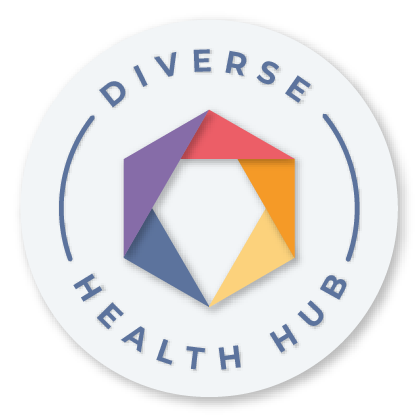
Diverse Health Hub
The Health Equity Emissary Team (HEET) is an inclusive special-ops coalition embedded within Diverse Health Hub spotlighting global health inequities. HEET is led by a health advocacy think tank with a multiplicity of backgrounds made up of diverse advocates working directly with key stakeholders and health advocacy organizations throughout the healthcare industry who desire to address health disparities, impact health outcomes and focus on the needs of diverse health communities.
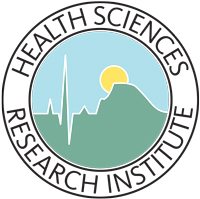
UC Merced Health Sciences Research Institute (HSRI)
The UC Merced Health Sciences Research Institute (HSRI) is an organized research unit that facilitates multidisciplinary collaborations to understand the complex health issues affecting underserved and marginalized communities in California’s San Joaquin Valley (SJV), and to translate findings back to the community to promote equity. Through our Translational Research Center, we work closely with community partners and promotoras to bridge the gap between researchers and rural Latino communities, facilitating the engagement of “hard to reach” populations who reside in isolated geographic regions in the SJV.
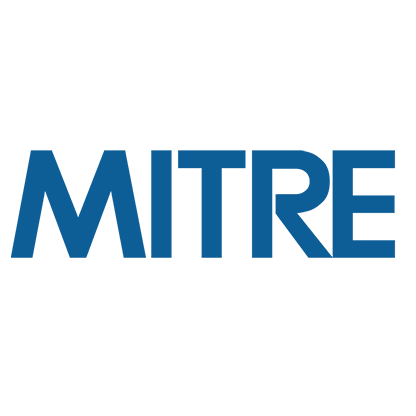
MITRE
As a not-for-profit organization, MITRE works in the public interest across federal, state and local governments, as well as industry and academia. We bring innovative ideas into existence in areas as varied as artificial intelligence, intuitive data science, quantum information science, health informatics, space security, policy and economic expertise, trustworthy autonomy, cyber threat sharing, and cyber resilience.
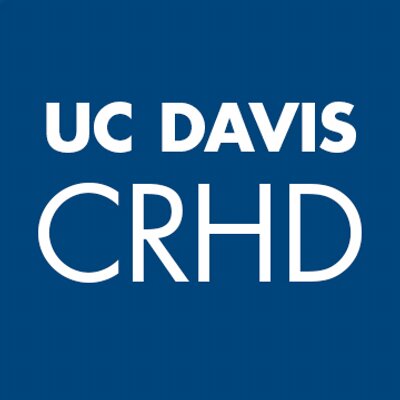
Center for Reducing Health Disparities, UC Davis
The mission of the UC Davis Center for Reducing Health Disparities is to promote the health and well-being of diverse communities by pursuing research, training, continuing education, technical assistance, information dissemination within a prevention, early intervention, and treatment framework that recognizes the unique cultural and linguistic contexts of these populations. The UC Davis Center for Reducing Health Disparities (CRHD) takes a multidisciplinary, collaborative approach to the inequities in health access and quality of care. This includes a comprehensive program for research, education and teaching, and community outreach and information dissemination. The center builds on UC Davis’ long history of reaching out to the most vulnerable, underserved populations in the region.
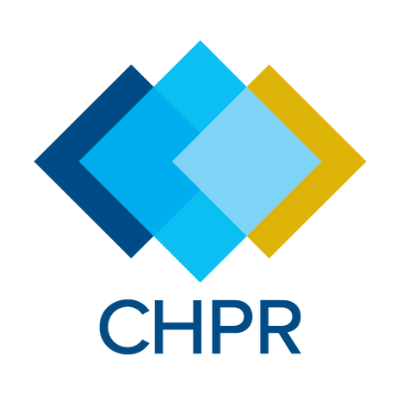
UC Davis Center for Healthcare Policy and Research
UC Davis Center for Healthcare Policy and Research is dedicated to the conduct, synthesis, and dissemination of interdisciplinary research to improve health outcomes and services, and provide evidence to inform healthcare policies. For more than 20 years, CHPR has facilitated research, educated future researchers, and informed local, state, and national policy about health and healthcare. More specifically, our faculty members conduct innovative research and educate trainees in comparative effectiveness, public deliberation, health economic analyses, health policy, and quality of care in subjects spanning substance use, mental health, patient safety, health disparities, provider workforce issues, healthy aging, and cancer care.


